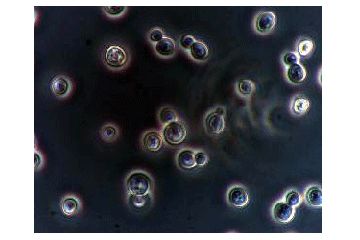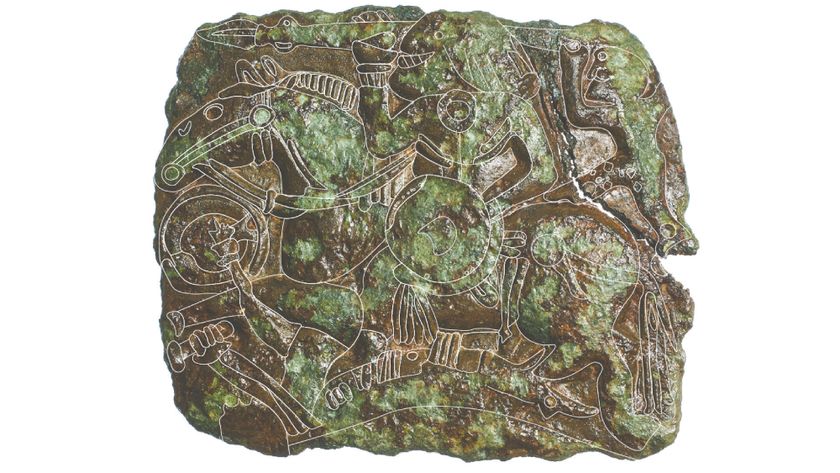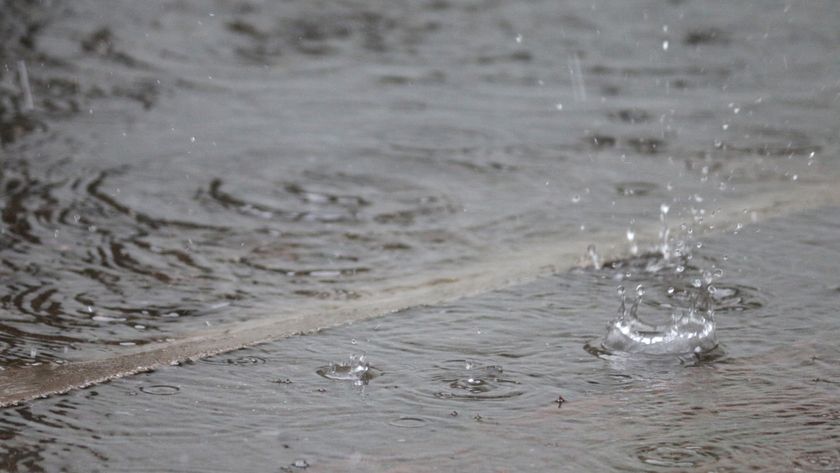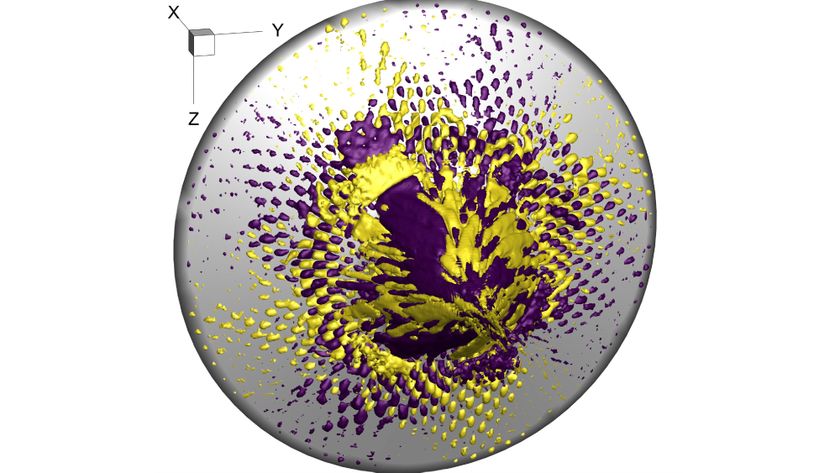Cheaters, Cooperators, and Evolutionary Theory

(ISNS) -- An experiment involving yeast has revealed a method that allows organizations to avoid the "tragedy of the commons," the situation in which individuals take advantage of shared resources -- such as common grazing land for animals -- without paying for their use or maintenance.
By performing the experiment on small organisms, researchers have shown a way to avert a prediction of evolution theory: that natural selection necessarily favors "cheaters" -- individual organisms determined to game the system -- over "cooperators" who obey the rules.
The experiment, reported in Proceedings of the National Academy of Sciences, reveals a way in which evolutionary adaptation via mutations can benefit cooperators over cheaters.
"It gives a larger role to adaptation," said Adam Waite, a graduate student in molecular and cellular biology at the University of Washington, who performed the research with his supervisor, Wenying Shou, at the Fred Hutchinson Cancer Research Center in Seattle. "While natural selection should help cheaters, it can also help cooperators defeat cheaters."
The researchers emphasize that their experiment doesn't cast doubt on evolutionary theory. Rather, it provides fresh insights into the established theory.
"We hope we're digging deeper into evolutionary biology," Waite said.
In doing so, the pair has tackled what Waite called "one of the biggest mysteries in the field." Because it operates at the individual level, natural selection should show a bias toward cheaters over cooperators.
Sign up for the Live Science daily newsletter now
Get the world’s most fascinating discoveries delivered straight to your inbox.
"But we see cooperation all the way up from microbes to complex organisms despite that bias," Waite said.
Their experiment has led Waite and Shou to suggest a new process that they call the "adaptive race" model to explain the conundrum.
"In general, any time you have organisms that are adapting to a changing environment, which is all the time, we think this process will play a role," Waite said.
"The study presents a fascinating set of experiments probing the interaction between adaptation and the evolutionary dynamics of cooperation," said Jeff Gore, a Massachusetts Institute of Technology physicist whose research focuses on evolutionary systems biology. "The net effective of this 'adaptive race' is a beautiful mechanism for the survival of cooperation."
While grazing cattle on common land has largely declined, modern human-scale examples of the tragedy of the commons still exist. Fisheries can collapse from overfishing, when individual fishermen try to take as many fish as possible instead of respecting limits designed to maintain sustainable levels of the catch.
However, studying the process in detail is much simpler using small-scale laboratory experiments in which researchers can control all the components.
For their experiment, Waite and Shou used a type of wild yeast called Saccharomyces cerevisiae, often used in biological experiments. The pair used three strains of the yeast. They designated two of them as cooperators that exchange essential nutrients and the other as a cheater that consumes one of the nutrients without making any contribution.
All three strains were seeking to obtain lysine, a critical nutrient that all three strains needed for survival. The researchers carefully mixed the culture in which the studies took place, giving both cooperating and cheating strains equal opportunity to obtain the nutrient.
The two researchers took several measures to ensure that the strains competed on a level playing field. That meant excluding methods that cooperating organisms have used in the past to gain an advantage over cheating competitors.
Waite and Shou engineered two cooperating strains that hadn't cooperated in the past. They also ensured that the cooperating yeast strains wouldn't clump together and block cheaters from insinuating themselves.
Having taken those precautions, the team put the strains into competition by mixing them together to grow and produce nutrients. They observed that the cheating strain was failing to outcompete the cooperators for the lysine nutrient as would normally be expected.
To check the evolution of the yeast during the experiment, the researchers often removed samples of the strains and put them in competition with versions of the strains taken earlier.
The later-generation cooperators beat the ancient cheaters, as did the later-generation cheaters.
"This is the idea of the adaptive race," Waite said. "Everyone's adapting, but it's a matter of who's adapting faster or who adapts first."
The concept could extend to additional evolutionary factors.
"It might help to explain a lot of confusing results in evolutionary studies on selective pressures," Waite said.
A former science editor of Newsweek, Peter Gwynne is a freelance science writer based on Cape Cod, Massachusetts.
Inside Science News Service is supported by the American Institute of Physics.











